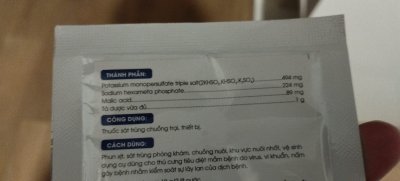- Joined
- Oct 29, 2023
- Messages
- 4
- Purraise
- 7
Hi, it's been a traumatic week for me.
I had 13 cats, 9 of which were admitted to the vet for FPV, 7 of which already passed away.
For context, I had 2 rooms where I kept them in, one with 10 cats, the other with 3 which I haven't neuter yet since we were just moving homes.
All 10 cats in the first room were infected, 1 miraculously only stop eating and had bloody diarrhea for a day so I thought he only had an upset stomach and return him to his room. Slowly the rest of them started showing symptoms and I promptly got them to the vet.
Here's where I'm at right now.
Unfortunately, in my home country there's barely any information regarding FPV, zero information on how disinfect the virus, inconsistent information regarding symptoms depends on which site i read and who I ask.
I've been going off English resources but most of the chemicals recommended to kill FPV are extremely hard or impossible to find aside from bleach.
I had 13 cats, 9 of which were admitted to the vet for FPV, 7 of which already passed away.
For context, I had 2 rooms where I kept them in, one with 10 cats, the other with 3 which I haven't neuter yet since we were just moving homes.
All 10 cats in the first room were infected, 1 miraculously only stop eating and had bloody diarrhea for a day so I thought he only had an upset stomach and return him to his room. Slowly the rest of them started showing symptoms and I promptly got them to the vet.
Here's where I'm at right now.
Unfortunately, in my home country there's barely any information regarding FPV, zero information on how disinfect the virus, inconsistent information regarding symptoms depends on which site i read and who I ask.
I've been going off English resources but most of the chemicals recommended to kill FPV are extremely hard or impossible to find aside from bleach.
- Some vets tell me to use alcohol while others tell me to use chloramine B. Will chloramine B be effective against FPV?
- From your experience how long until our cats recover from FPV?
- I have 1 4-month-old kitten left on her 6th day still fighting the disease, she managed to have a bit of food yesterday but gotten tired and refusing food again afterwards. How likely is it for her to recover? At this point I'm just looking for a bit of hope.









